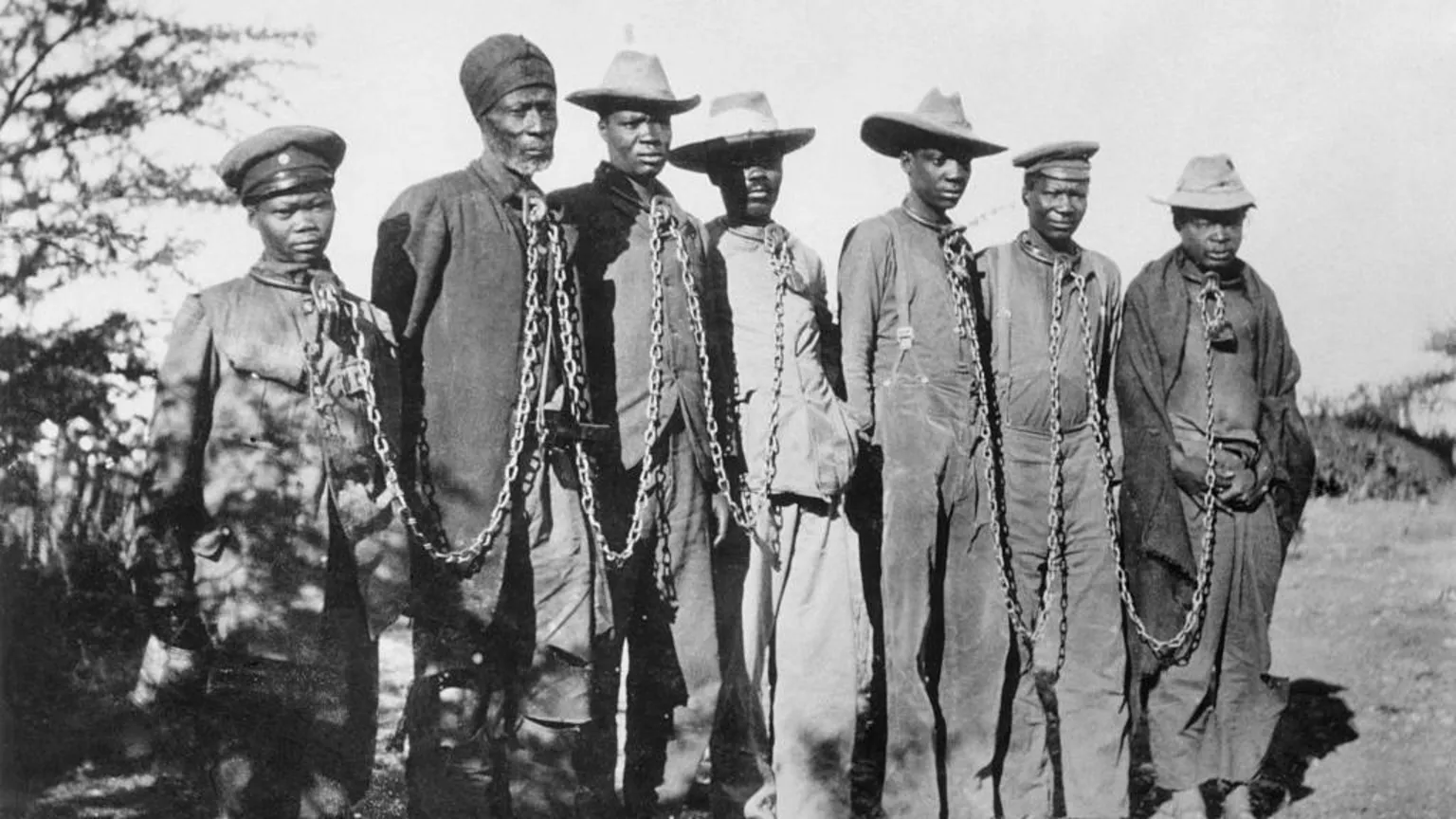Namibia on Wednesday marked its first-ever Genocide Remembrance Day, honouring the more than 70,000 Ovaherero and Nama people systematically killed by German colonial forces in the early 20th century, a massacre many historians consider the first genocide of the modern era.
Dubbed “Germany’s forgotten genocide,” the mass killings occurred between 1904 and 1908 in what was then German South West Africa. The victims were targeted for resisting colonial land seizures and cattle confiscations, and many were forced into concentration camps decades before the Holocaust. Inside the camps, thousands perished through starvation, forced labour, disease, and medical experimentation.
The new national holiday, declared after years of advocacy and reflection, will now be observed annually on 28 May. The date marks the 1907 closure of the last German-run concentration camp, following international condemnation.
“This day forms part of our journey of healing,” the Namibian government said, noting that the commemoration will include a minute of silence and a candlelight vigil outside parliament in Windhoek.
Germany, which lost its colonial territories—including present-day Namibia, Cameroon, and Togo—after World War I, only officially recognised the genocide in 2021. It offered €1.1 billion in development aid over 30 years, but avoided using terms such as “reparations” or “compensation” in the agreement.
Namibia rejected the offer, describing it as insufficient and lacking a formal apology or the direct reparations demanded by descendants of the victims.

